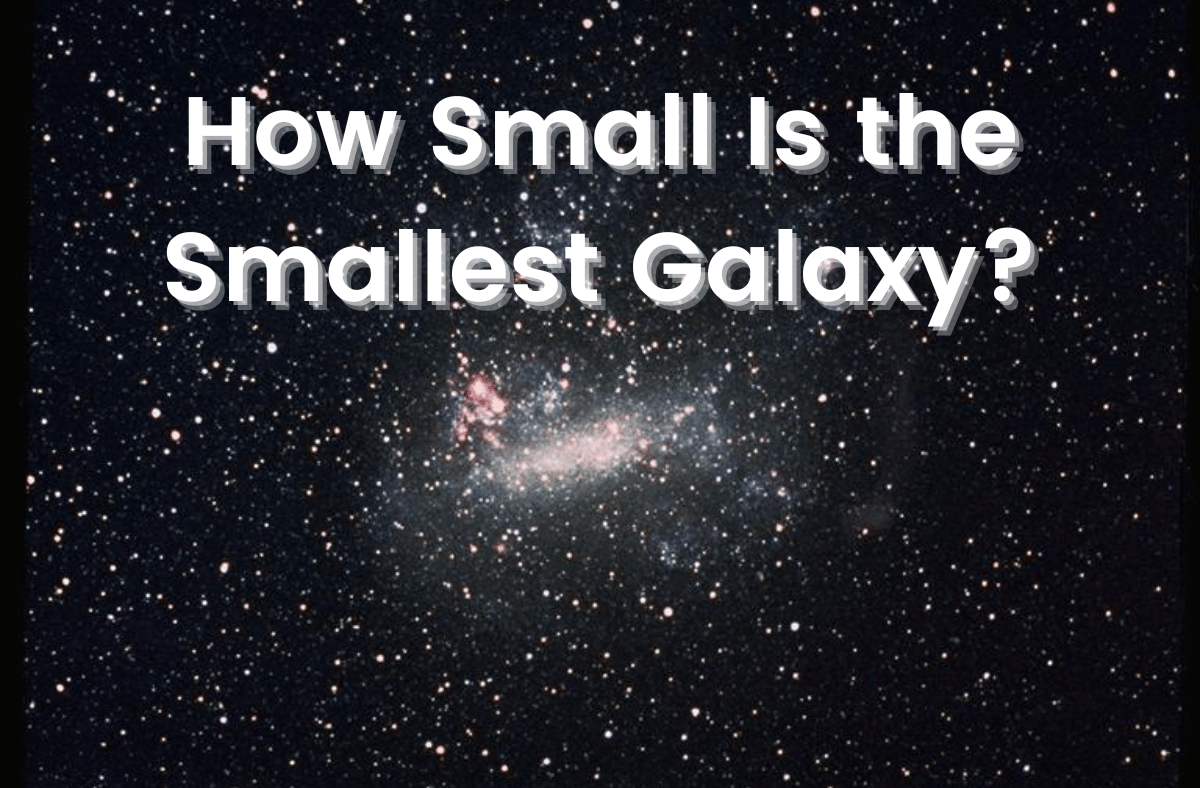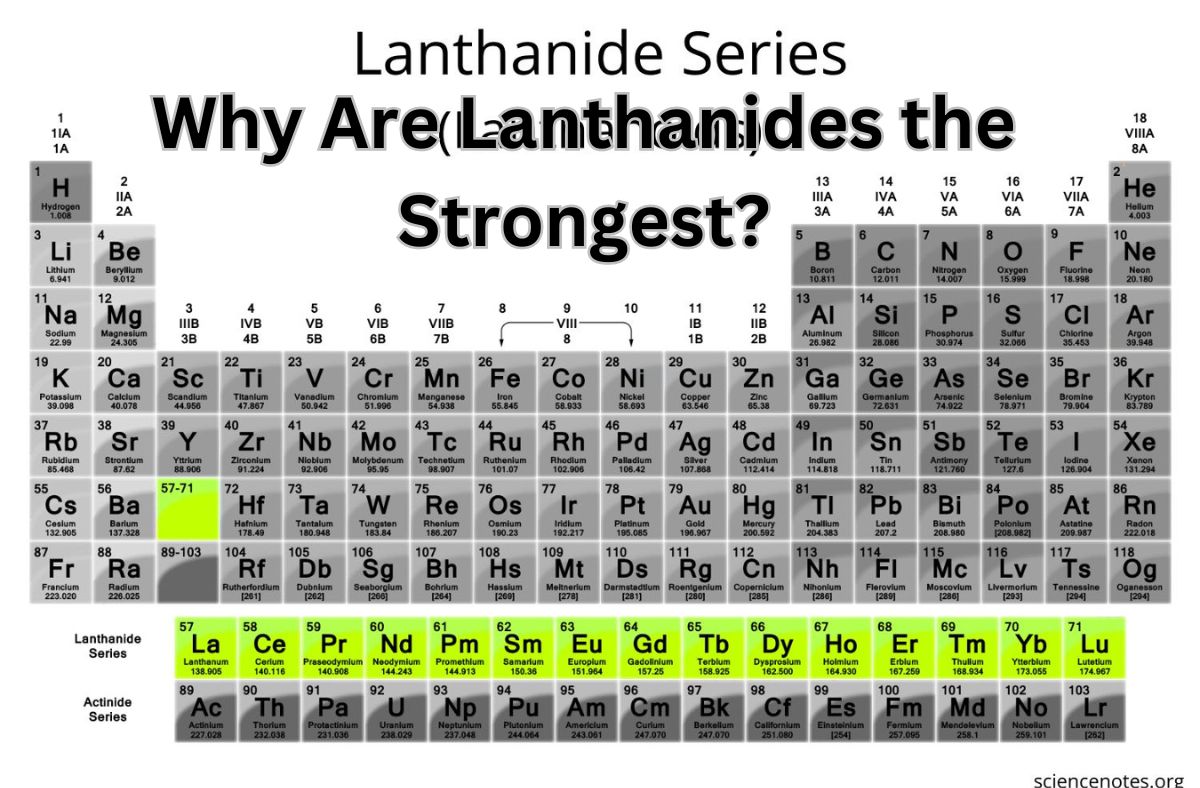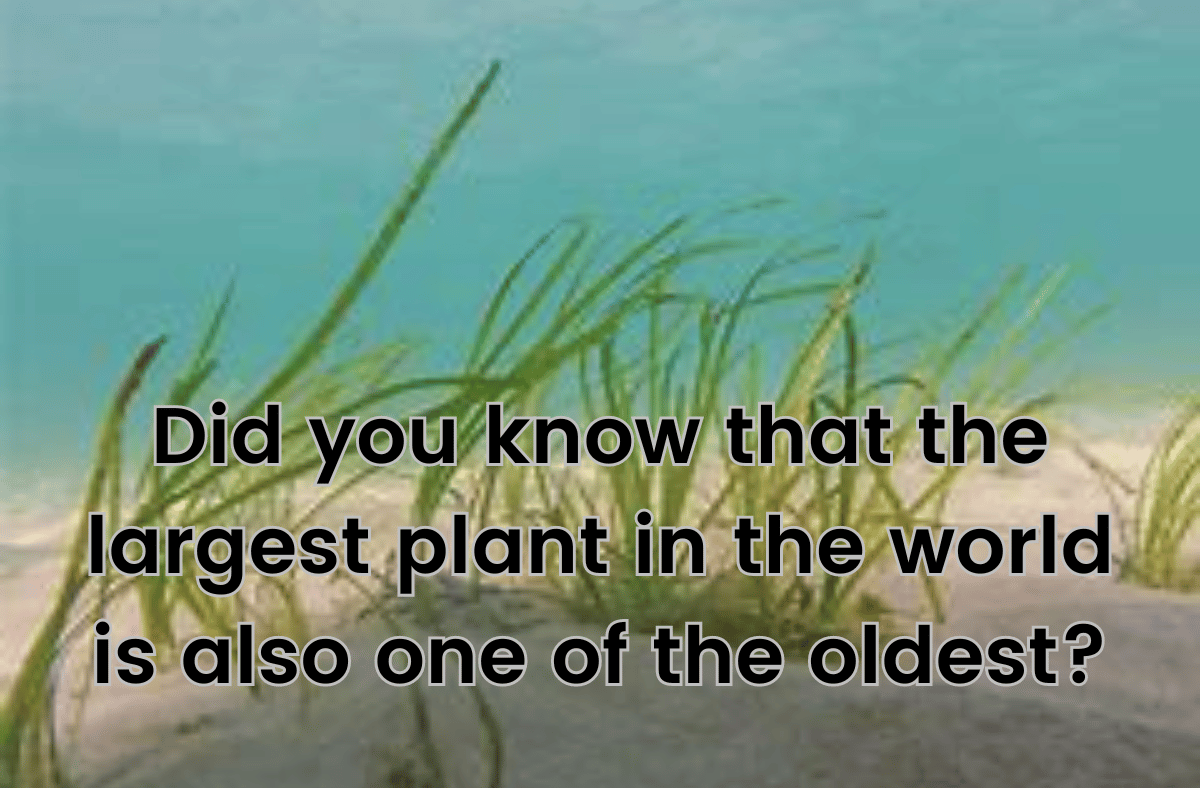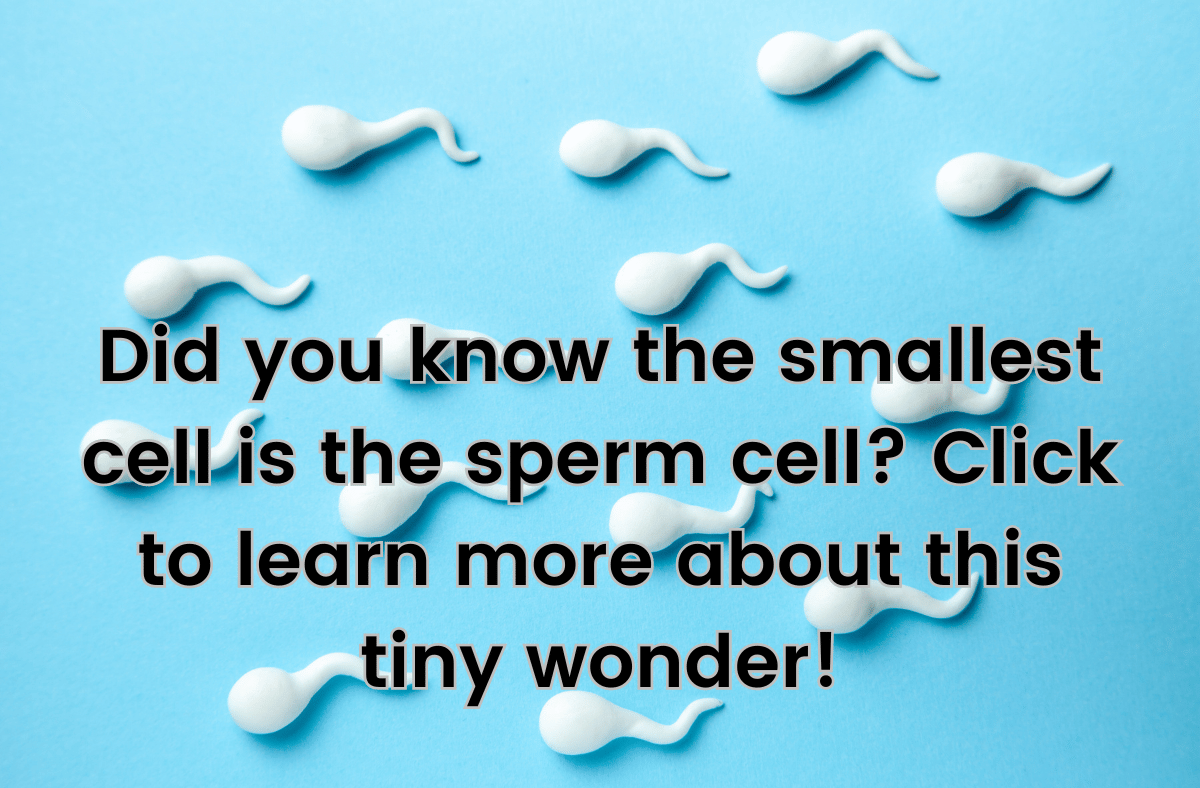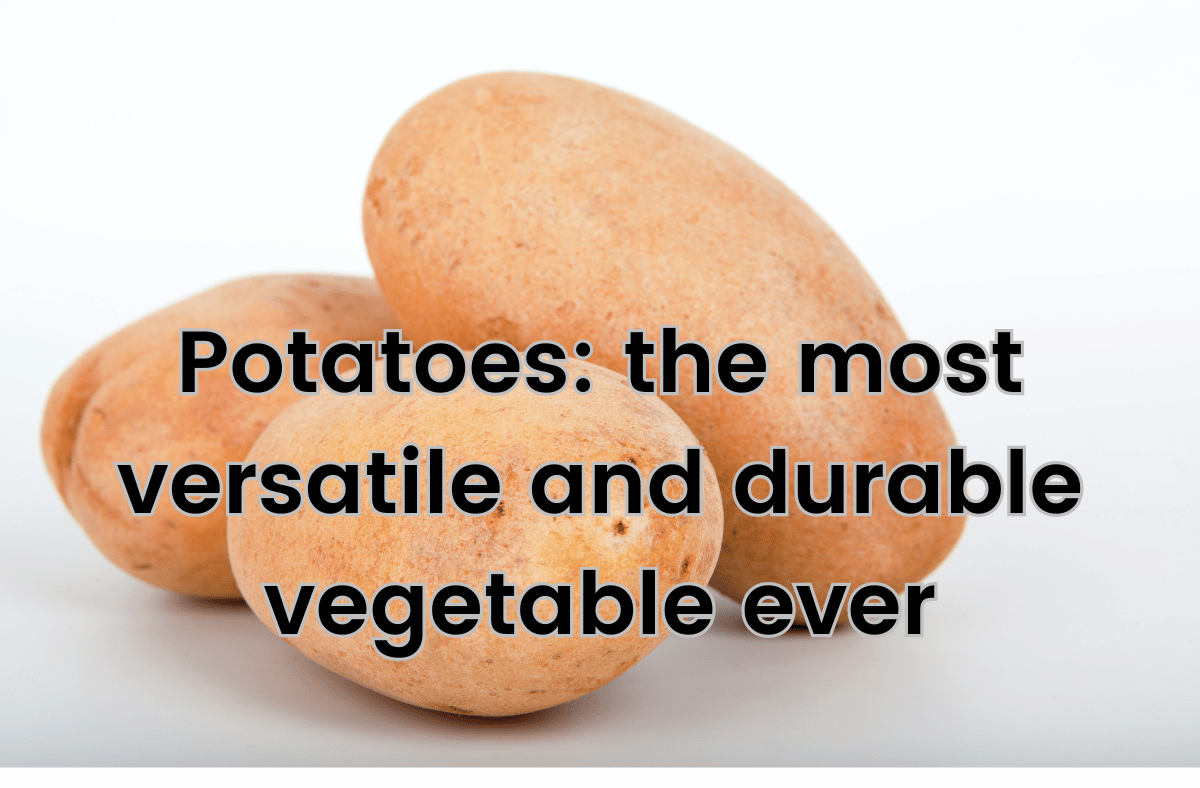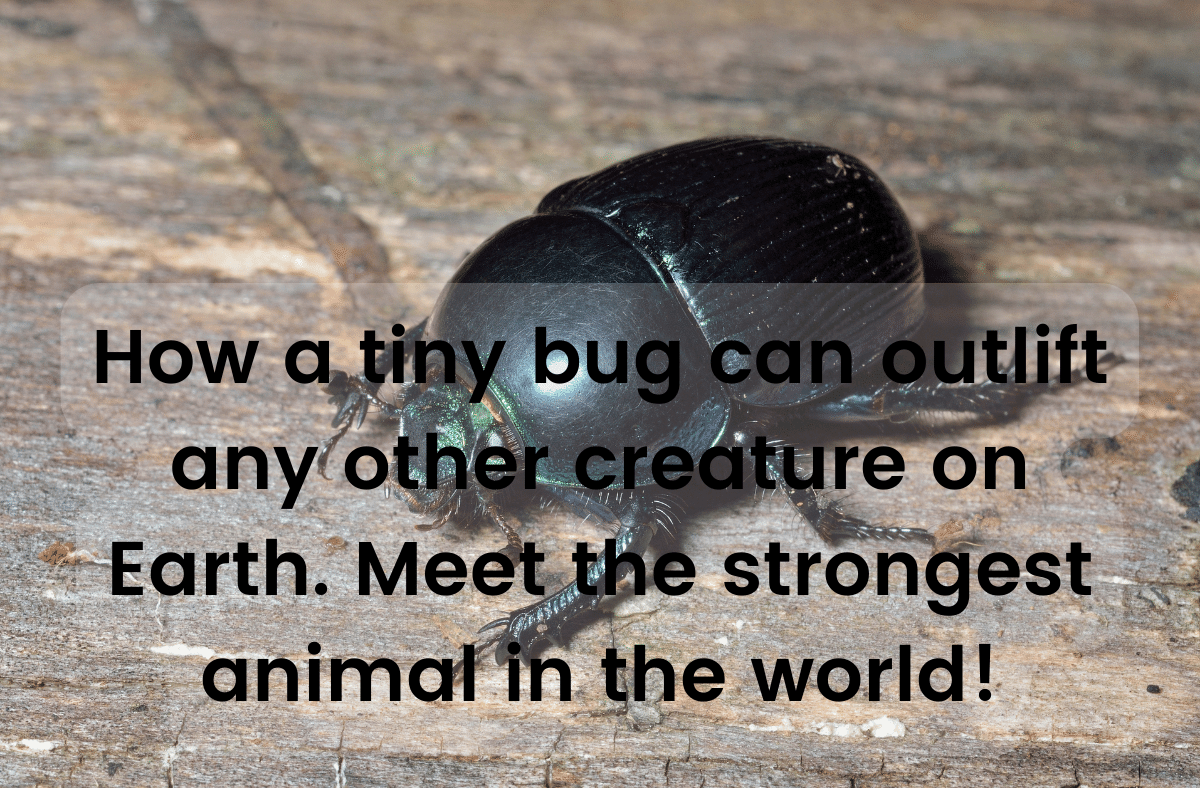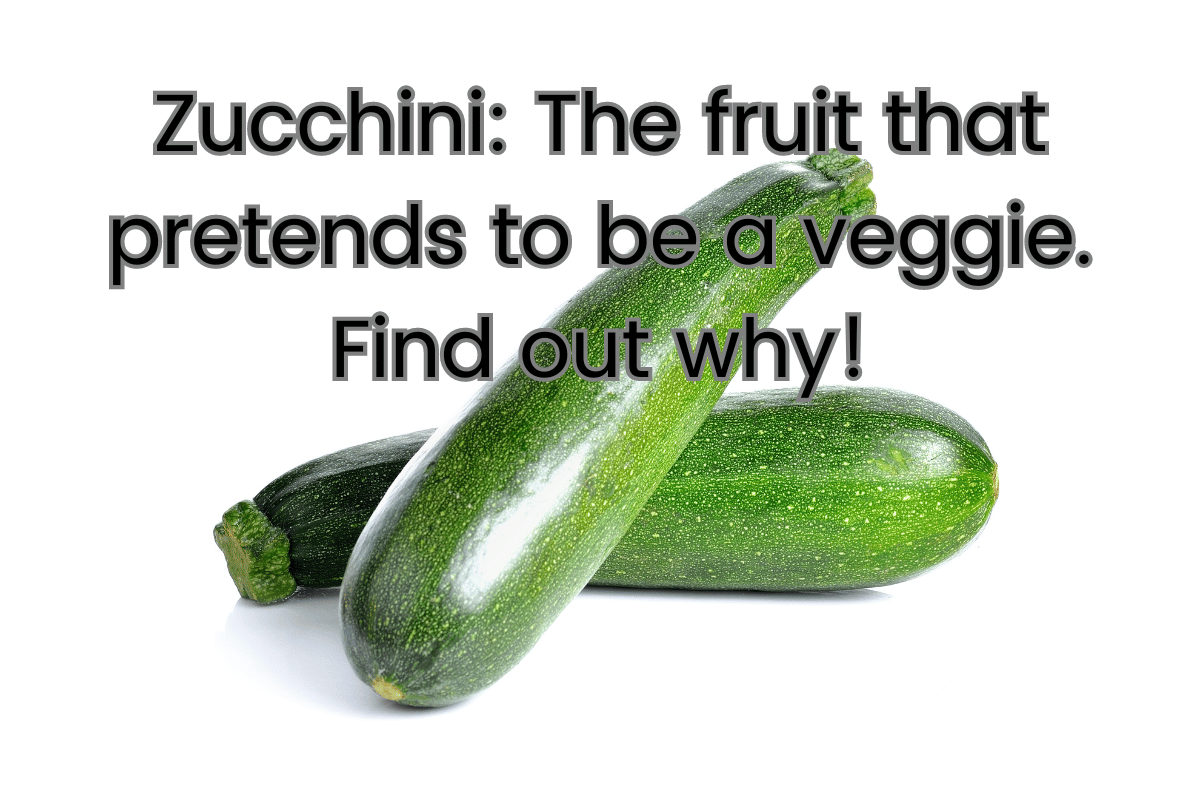For those in a hurry
- Bananas are slightly radioactive because they contain potassium-40, a natural isotope of potassium that is radioactive.
- The radiation from bananas is so low that it does not pose any health risk to humans or animals.
- Eating bananas does not make you more radioactive, as your body maintains a constant level of potassium by excreting the excess.
- You would need to eat millions of bananas to get a harmful dose of radiation.
What is radioactivity and how does it affect us?
Radioactivity is the process of unstable atoms releasing energy in the form of radiation. Radiation can be either ionizing or non-ionizing, depending on its energy level. Ionizing radiation has enough energy to knock off electrons from atoms, creating ions. This can damage the DNA of living cells and cause mutations or cancer. Non-ionizing radiation does not have enough energy to ionize atoms, but it can still interact with them and cause heating or vibration.
We are exposed to both natural and artificial sources of radiation every day. Natural sources include cosmic rays from space, radon gas from the soil, and radioactive elements in the air, water, and food. Artificial sources include medical procedures, X-rays, mobile phones, and power lines. The amount of radiation we receive from these sources is measured in units called sieverts (Sv) or millisieverts (mSv). The average annual dose of radiation for a person in the world is about 2.4 mSv, which is considered safe by the International Commission on Radiological Protection (ICRP).
How are bananas radioactive and how much radiation do they emit?
Bananas are radioactive because they contain high levels of potassium, a mineral that is essential for many biological functions. Potassium has three natural isotopes: potassium-39, potassium-40, and potassium-41. Potassium-40 is the only one that is radioactive, with a half-life of 1.25 billion years. This means that half of the potassium-40 atoms will decay in that time, emitting beta or gamma radiation.
The amount of potassium-40 in a banana is very small: about 0.012% of the total potassium. A typical banana contains about 450 mg of potassium, which means about 0.054 mg of potassium-40. This translates to an activity of about 14 becquerels (Bq), which is the number of decays per second. To put this in perspective, a human body has an activity of about 4,000 Bq from all the natural radioisotopes it contains.
The dose of radiation you receive from eating a banana depends on how much you weigh and how long it takes for the potassium to pass through your body. A rough estimate is that you get about 0.1 microsieverts (μSv) per banana, which is equivalent to one ten-millionth of a sievert. This is a very low dose compared to other sources of radiation. For example, you get about 10 μSv from a dental X-ray, 50 μSv from a chest X-ray, and 1,000 μSv from a CT scan.
Does eating bananas make you more radioactive?
No, eating bananas does not make you more radioactive. Your body has a mechanism to regulate the amount of potassium it needs and excretes the excess through urine. The normal level of potassium in your body is about 140 g, which means about 0.017 g of potassium-40. This level does not change significantly even if you eat more or less bananas.
To become more radioactive, you would need to increase the amount of potassium-40 in your body by a large factor. This is impossible to do by eating bananas alone, as you would need to eat millions of them to get a harmful dose of radiation. For example, to get an acute lethal dose of 5 Sv, you would need to eat about 50 million bananas in one sitting. This is equivalent to eating 17 tons of bananas or filling up two Olympic-sized swimming pools with them.
Conclusion
Bananas are radioactive because they contain potassium-40, a natural isotope of potassium that is radioactive. However, the amount of radiation they emit is very low and does not pose any health risk to humans or animals. Eating bananas does not make you more radioactive, as your body maintains a constant level of potassium by excreting the excess. You would need to eat millions of bananas to get a harmful dose of radiation.









